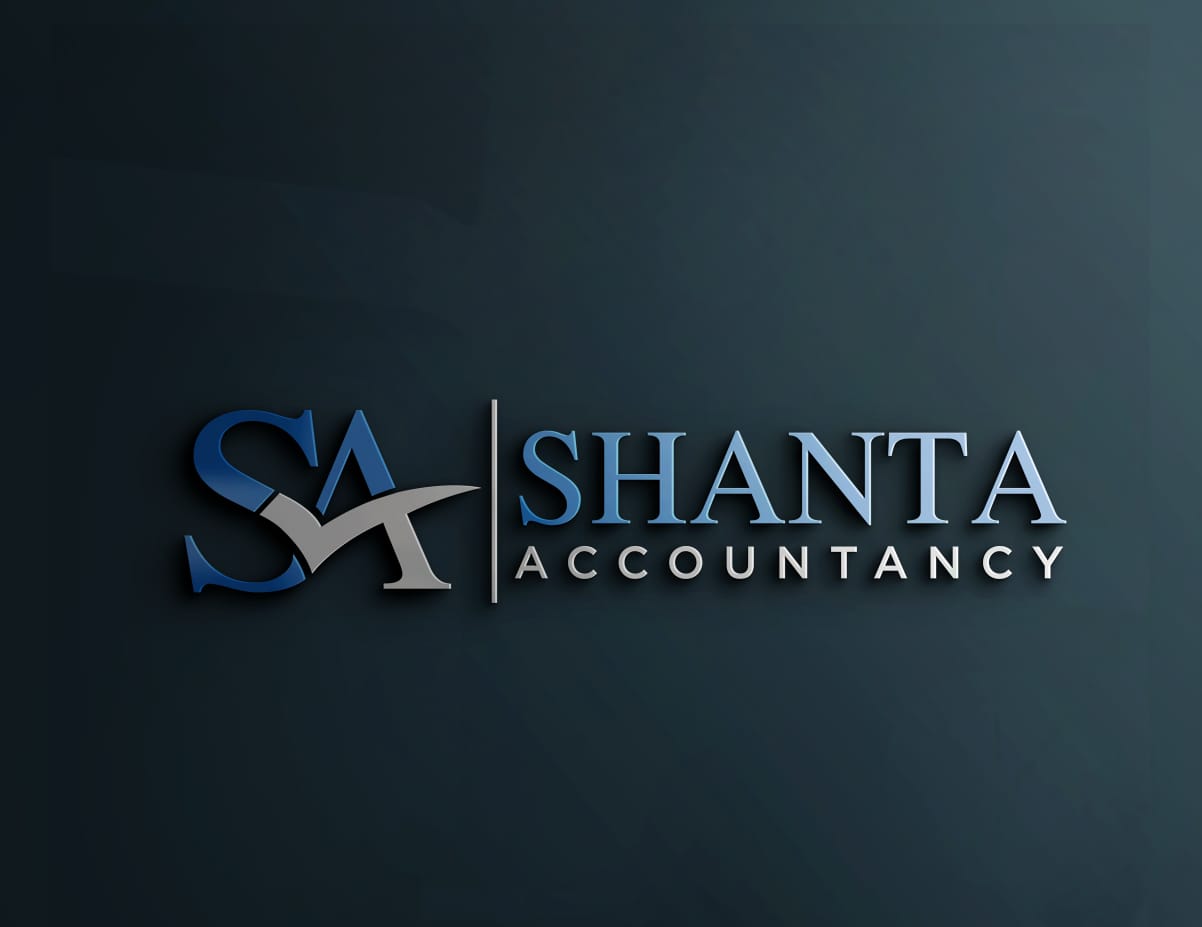- 9920710033 call us
- kalusinghthappa@gmail.com Mail us
About Us
Shanta Accountancy
Accountancy, also known as accounting, is the process of measuring, processing, and communicating financial information about a business entity to various stakeholders. The purpose of accountancy is to provide information that is relevant, reliable, and useful for decision-making, planning, and control.
In accounting, financial transactions are recorded and classified into different categories such as assets, liabilities, revenues, and expenses. These transactions are then summarized and presented in financial statements such as the balance sheet, income statement, and cash flow statement.
Accounting plays a crucial role in the management of businesses, as it provides information that helps managers make informed decisions, monitor performance, and ensure compliance with legal and regulatory requirements. It also helps stakeholders such as investors, creditors, and government agencies to eva
There are several types of accounting, each serving a specific purpose. Some of the common types of accounting include:
Financial Accounting: This type of accounting involves recording, summarizing, and reporting the financial transactions of a business entity in accordance with generally accepted accounting principles (GAAP). The primary purpose of financial accounting is to provide information to external stakeholders, such as investors, creditors, and government agencies.
Management Accounting: Management accounting involves providing financial information to internal stakeholders, such as managers, to help them make informed decisions and improve business performance. This type of accounting includes budgeting, cost accounting, and performance analysis.
Tax Accounting: Tax accounting involves preparing and filing tax returns and complying with tax laws and regulations. Tax accountants help businesses and individuals to minimize their tax liability by taking advantage of tax deductions and credits.
Auditing: Auditing involves examining the financial records and statements of a business entity to ensure they are accurate and comply with GAAP and other legal and regulatory requirements. Auditors may be internal or external to the organization.
Forensic Accounting: Forensic accounting involves investigating financial fraud and other financial crimes. Forensic accountants use accounting and investigative skills to uncover financial irregularities and present evidence in court.luate the financial health and performance of a business entity.


